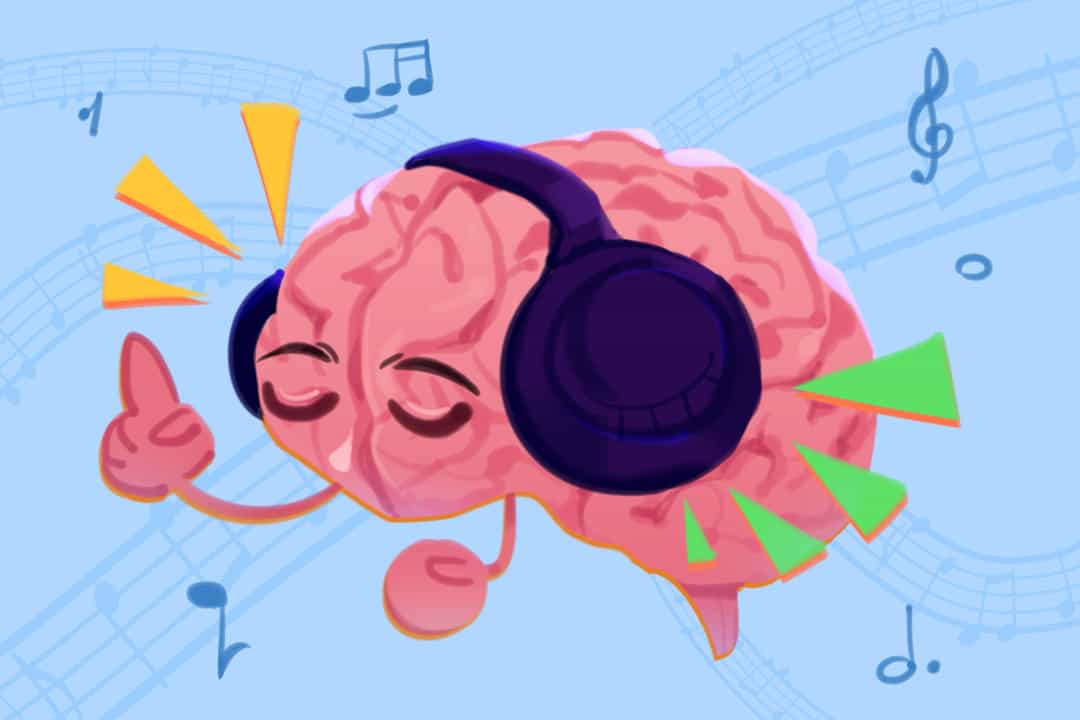A recent pilot study from U of T’s Faculty of Music and St. Michael’s Hospital offers insight into how repeatedly listening to music with personal or emotional connotations may increase brain health and function in patients with Alzheimer’s disease and mild cognitive impairment. The study presents an optimistic outlook for future treatments for Alzheimer’s disease, as current methods provide limited success.
Alzheimer’s disease is a neurological disorder that typically starts to appear in one’s mid-60s. The disease can be classified as one of four stages: preclinical, mild, moderate, and severe. Symptoms vary by person and stage of the disease, but the condition is broadly characterized by memory loss and difficulty in functioning.
A small sample of eight non-musicians and six musicians was recruited for the pilot study and required to listen to an hour of music for three weeks. The music chosen for the study consisted of curated playlists of songs that held a personal significance to the listener — for instance, a song played at their wedding.
Faculty of Music and St. Michael’s Hospital researchers used structural and task-based functional magnetic resonance imaging (fMRI) scans to assess the differences in participants’ brain function and structures. The Montreal Cognitive Assessment (MoCA) was used to assess changes in cognitive function and memory before and after the three week period. fMRI scans showed that when participants were exposed to personally significant music, prominent activity was observed in their prefrontal cortex, suggesting increased engagement with the music.
As per MoCA, participants showed improved memory performance after the music treatment for three weeks as compared to before. The same test, however, showed that there was no notable improvement in executive function, naming, attention, language, orientation, and total score.
Although previous studies have demonstrated the positive effects of repeated exposure to personally significant music in those with Alzheimer’s disease, the exact neural changes associated with this improvement remained a mystery — until now. Researchers found notable structural differences after the three weeks of exposure to personally significant music. In addition, exposure to personally-significant music was shown to activate regions of the brain associated with emotion and cognition.
The researchers also observed significant differences in structural and functional changes observed between non-musicians and musicians. Interestingly, when the group was divided into these two categories, only the non-musicians presented increased memory after the three weeks. Furthermore, less long-term change between musical memory nodes was found in musicians compared to non-musicians, possibly because the former already had a stronger musical memory network. Results also suggest that musicians may experience increased structural change and benefits compared to non-musicians.
The data from this pilot study supports the theory that listening to familiar music may eventually prove to serve as a functional and widely implementable therapy for cognitive decline in Alzheimer’s disease — and the implications of this study may go even further. It is already known that listening to music yields a variety of benefits, such as higher dopamine levels, improved mood, and decreased anxiety. Studies on cognitive diseases like this one may suggest that we should place more emphasis on music education as a way to safeguard against later-age cognitive decline.


